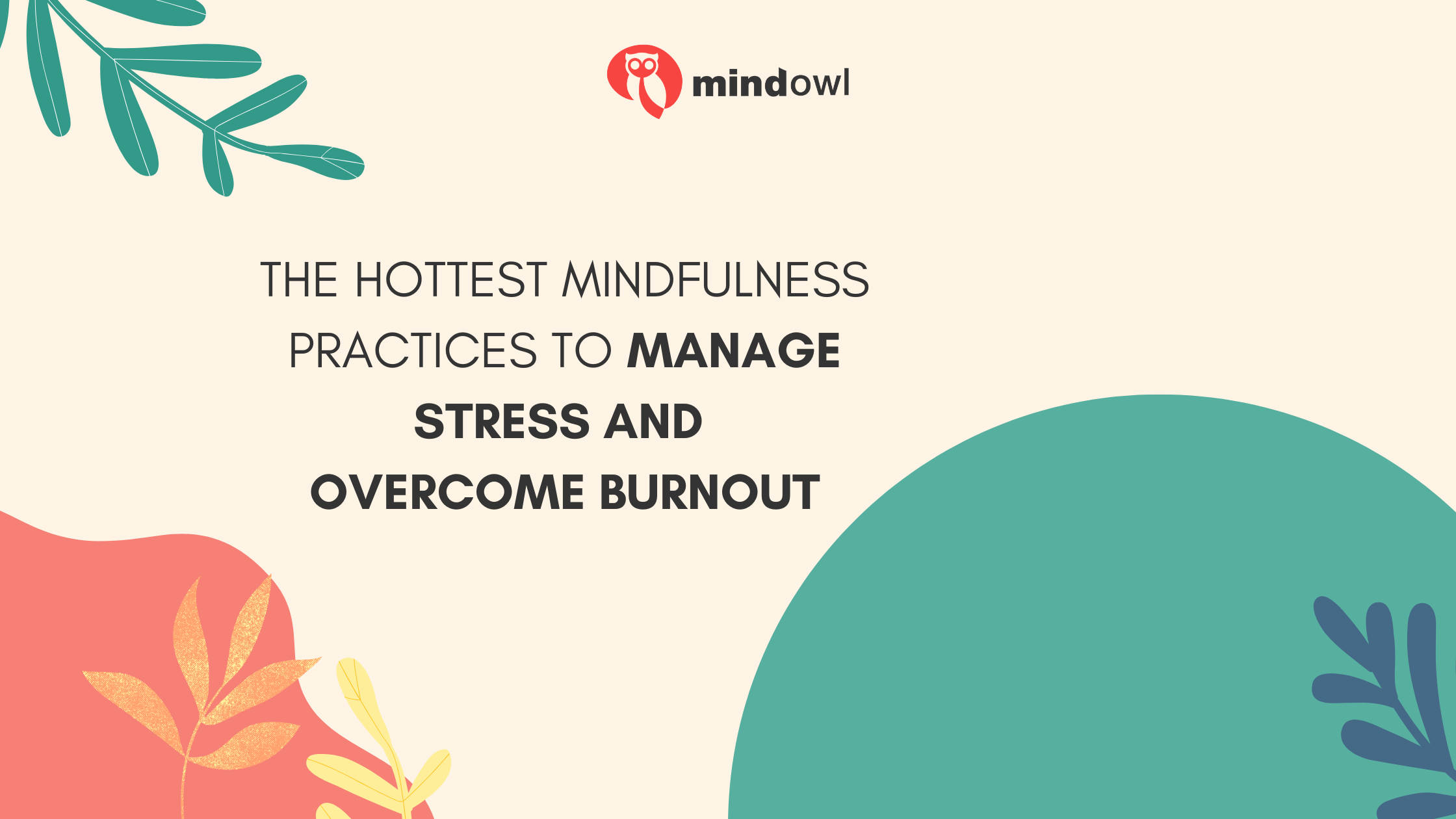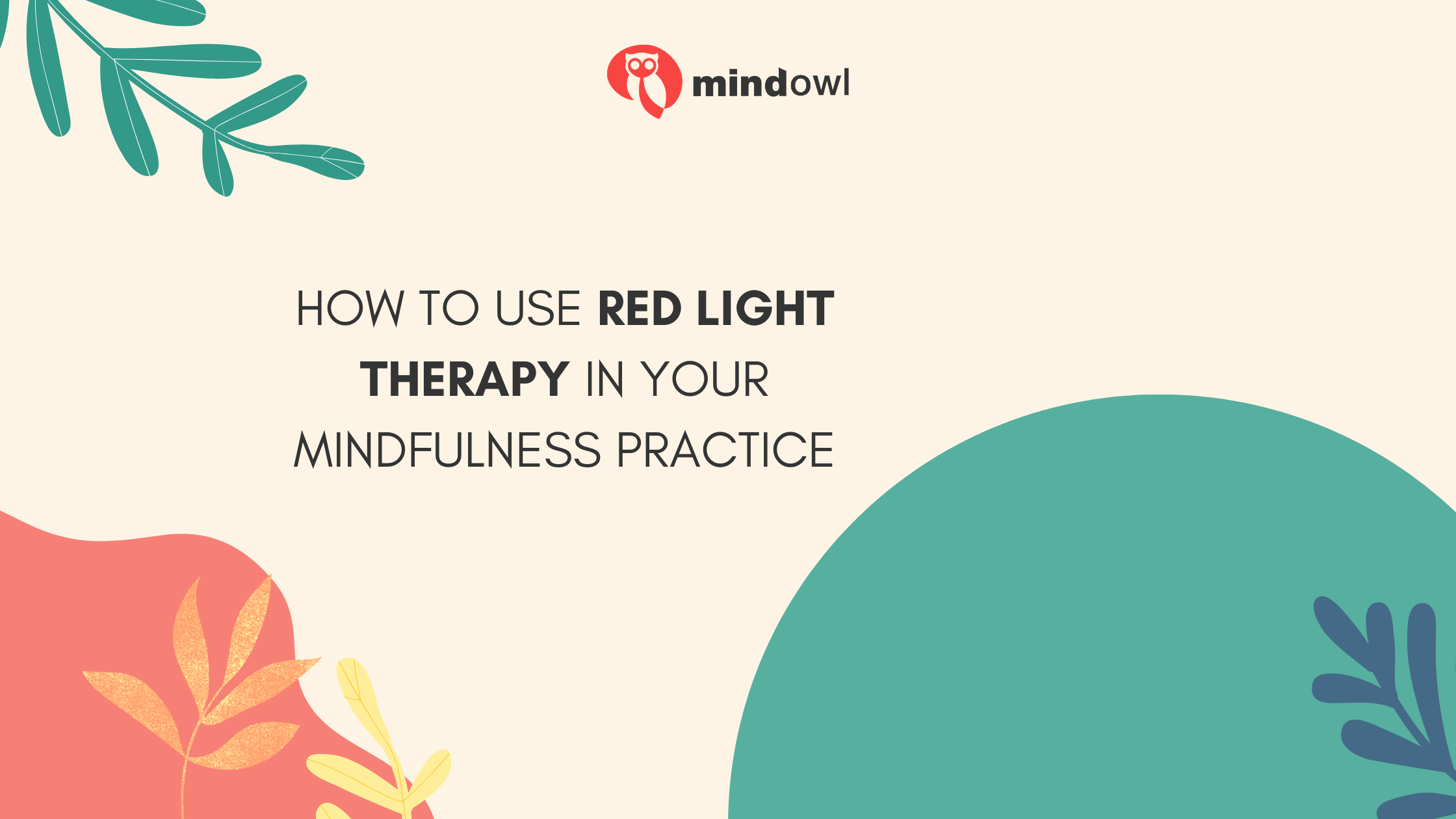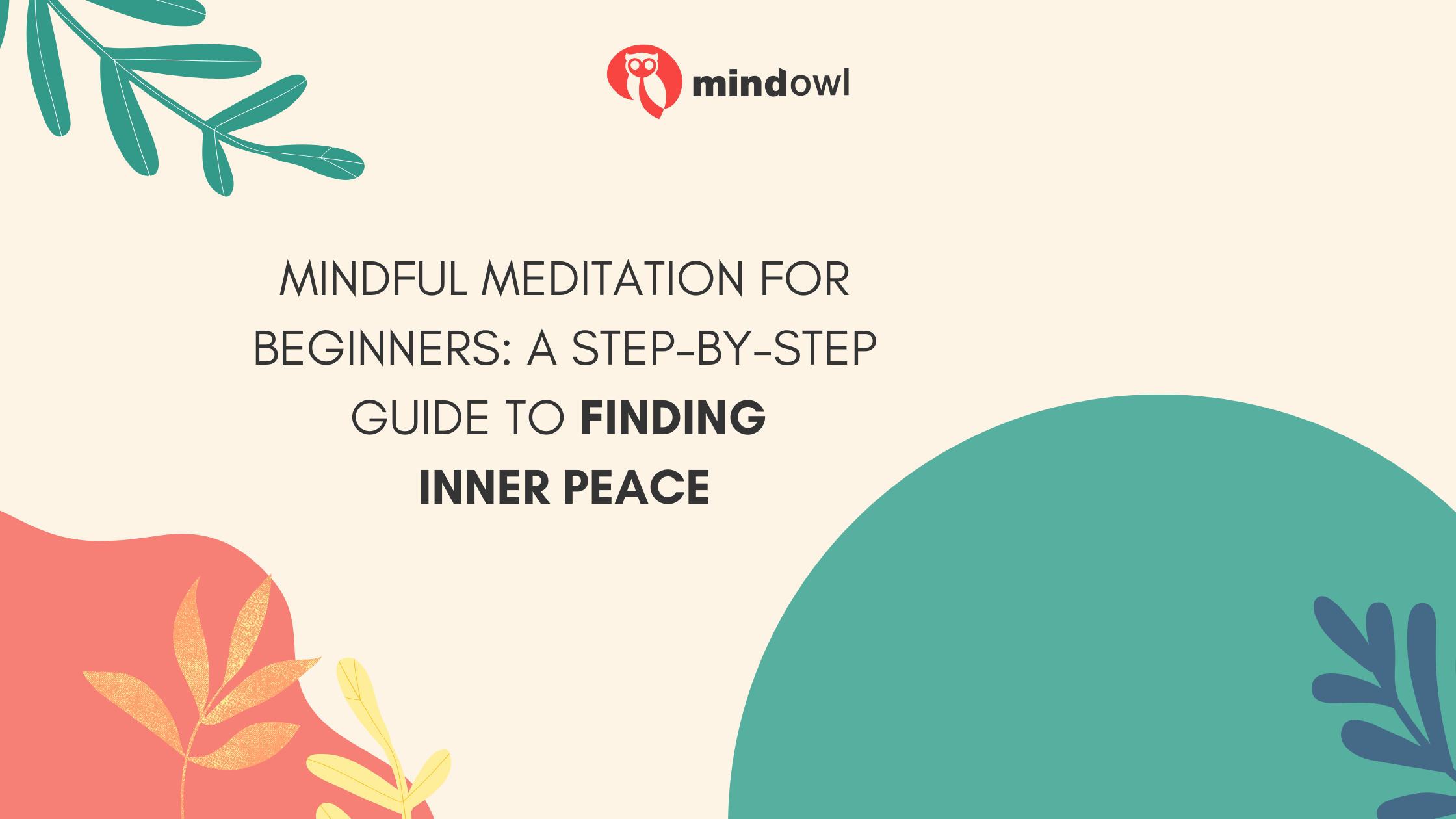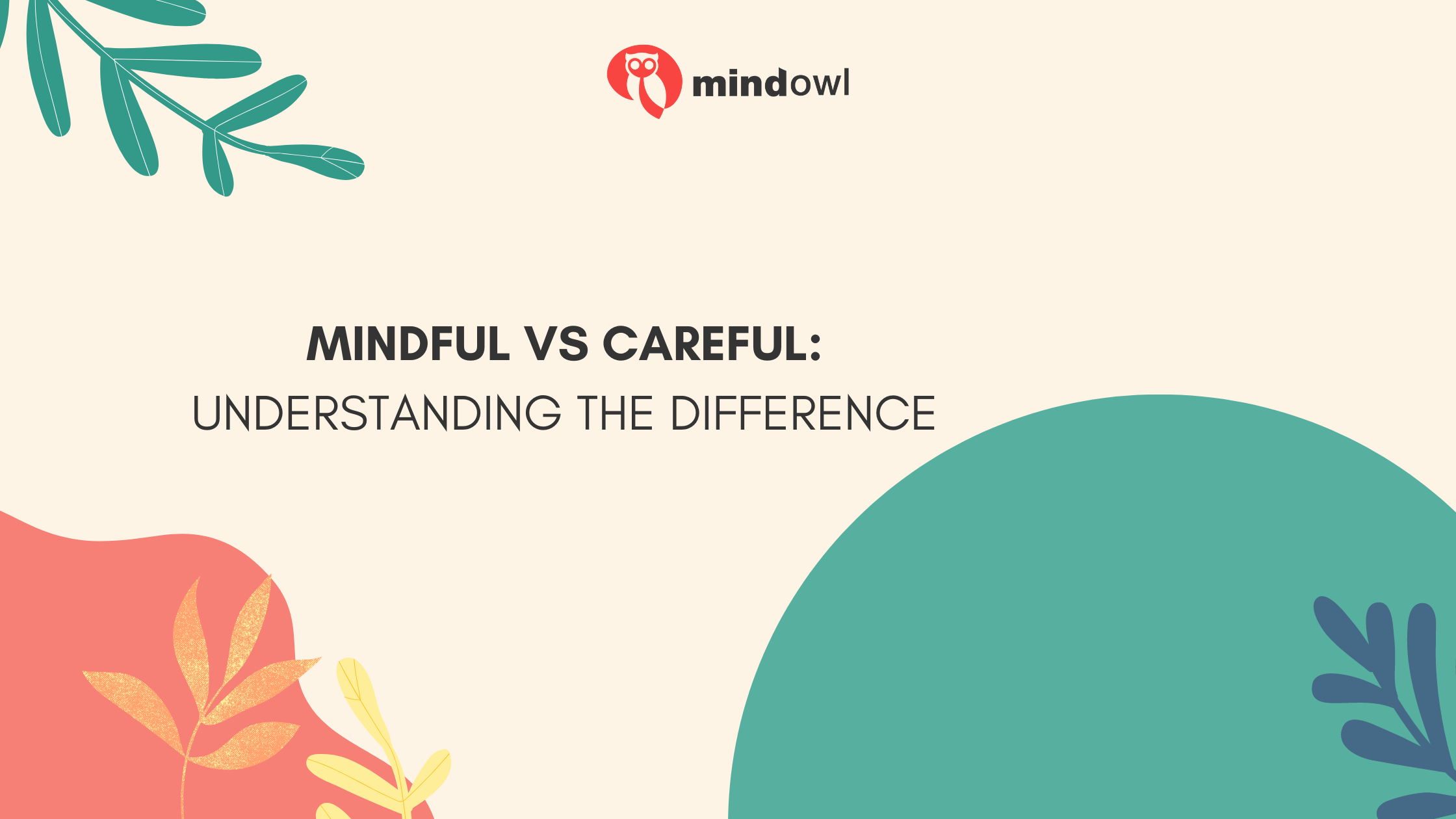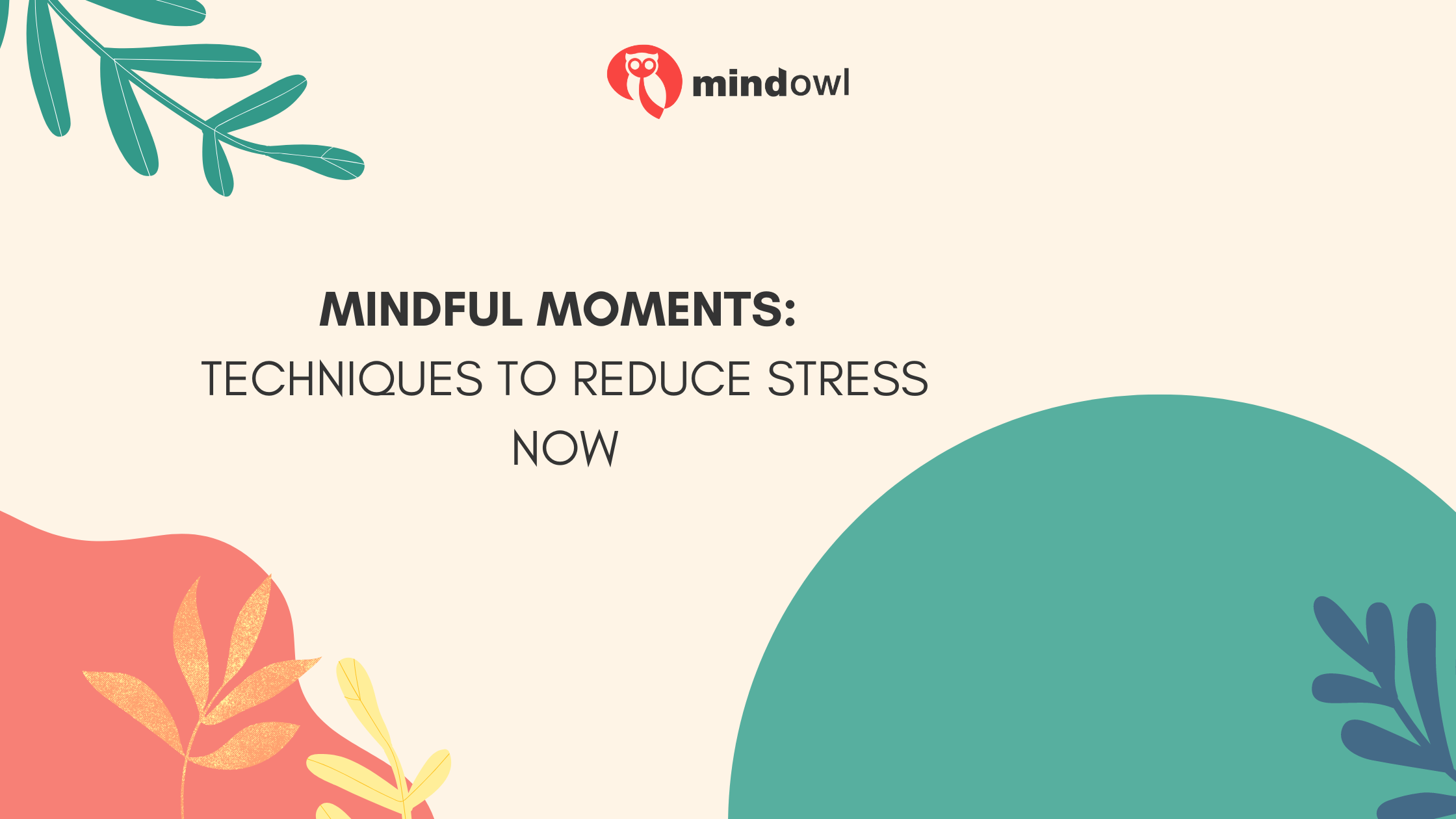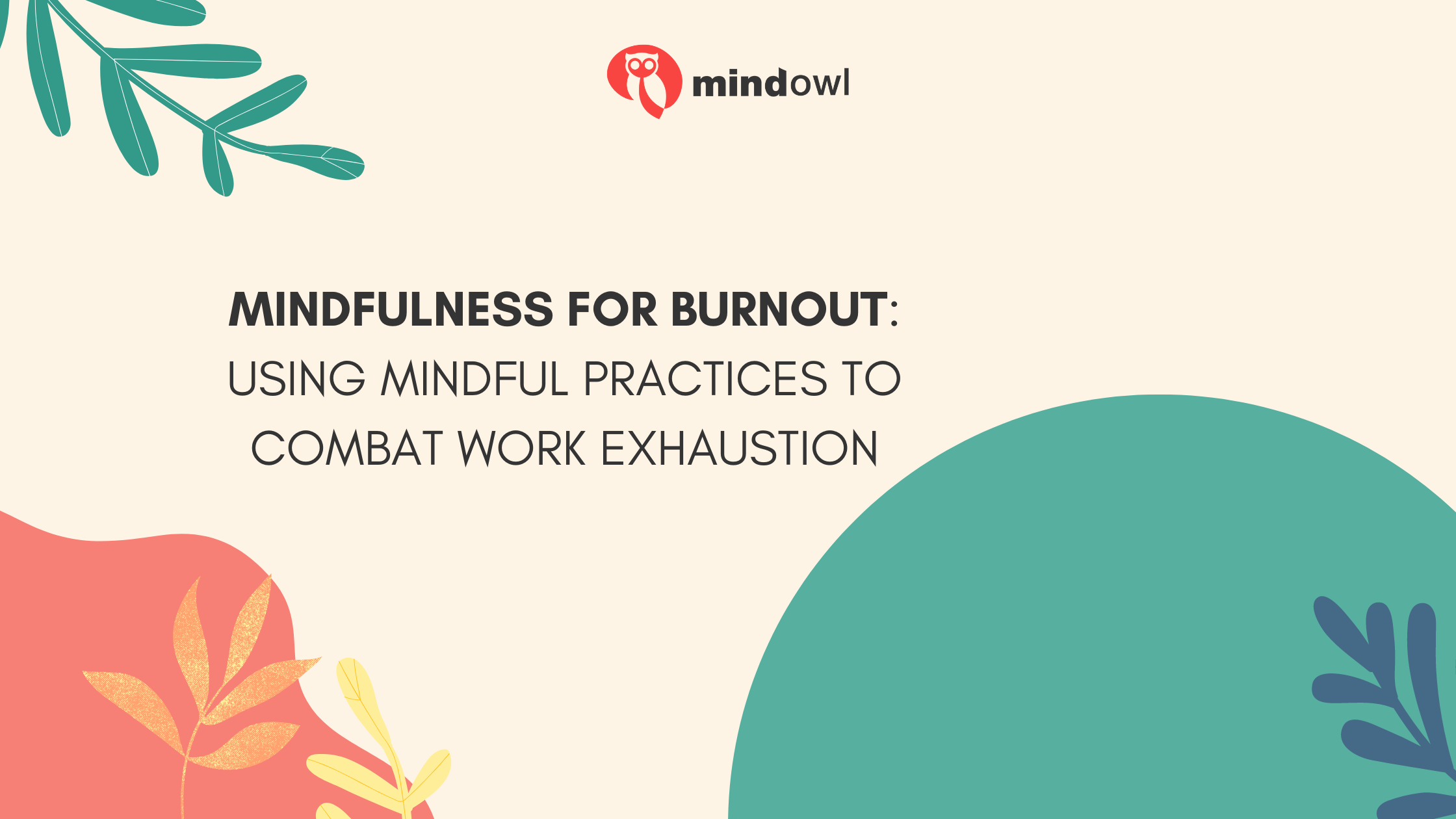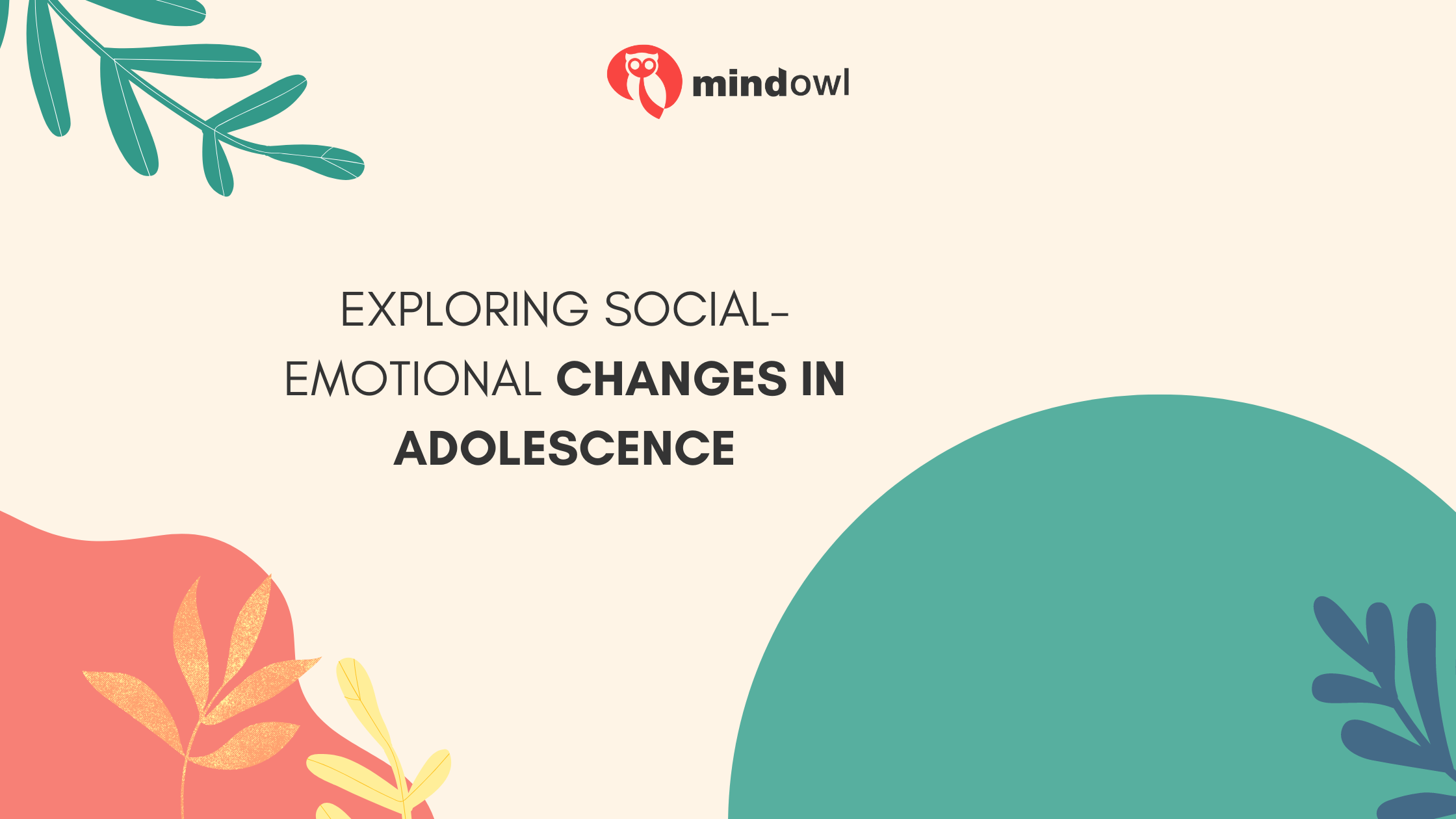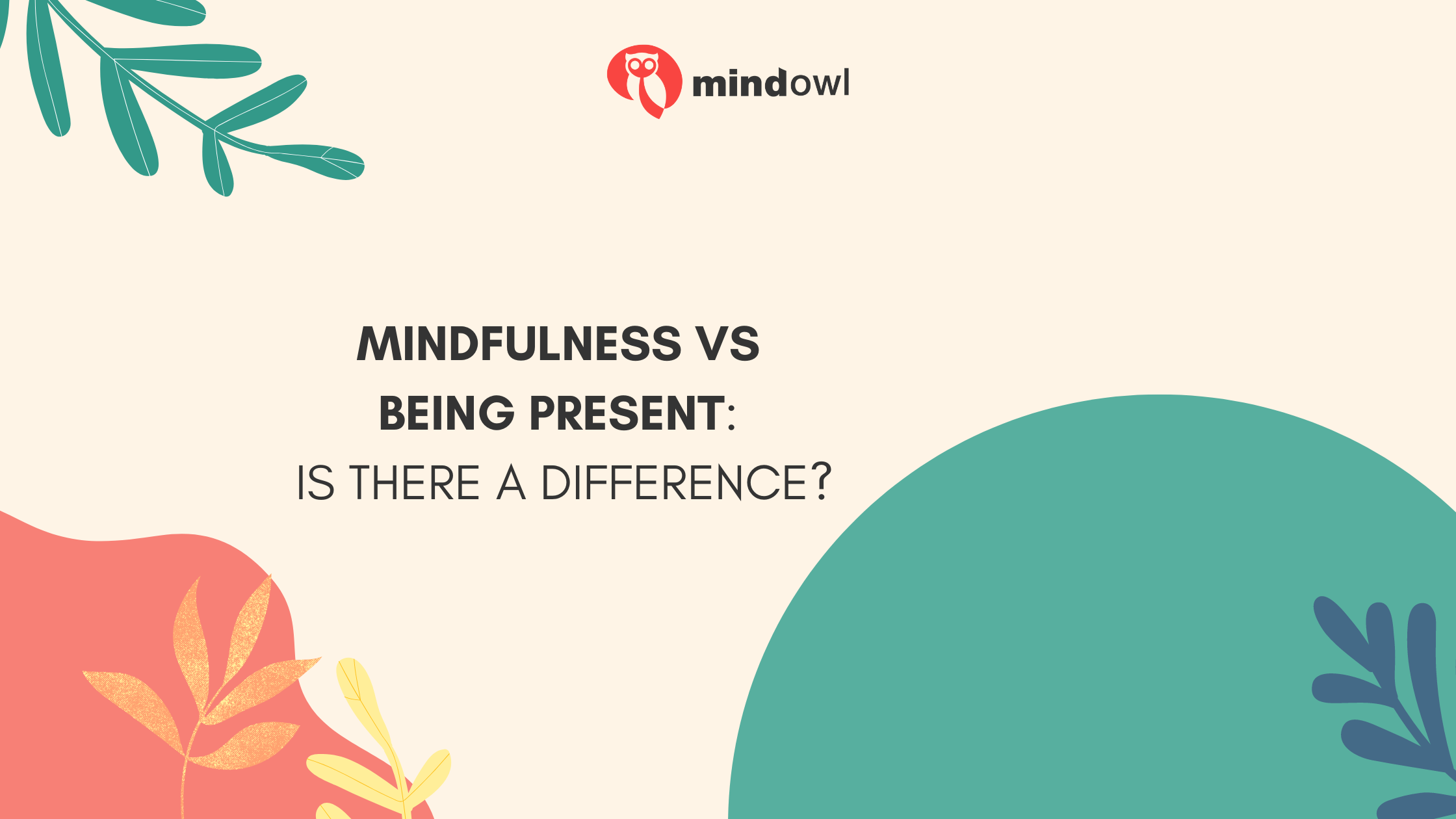The Hottest Mindfulness Practices to Manage Stress and Overcome Burnout
The world around us gives us emotional swings when our mood goes low and high, inevitably leading to burnout. So, we use all our coping mechanisms to deal with what we face. We may fall into denial, comfort eating, or long sleeping hours and eventually do not restore mental well-being. And luckily, there are healthy […]

